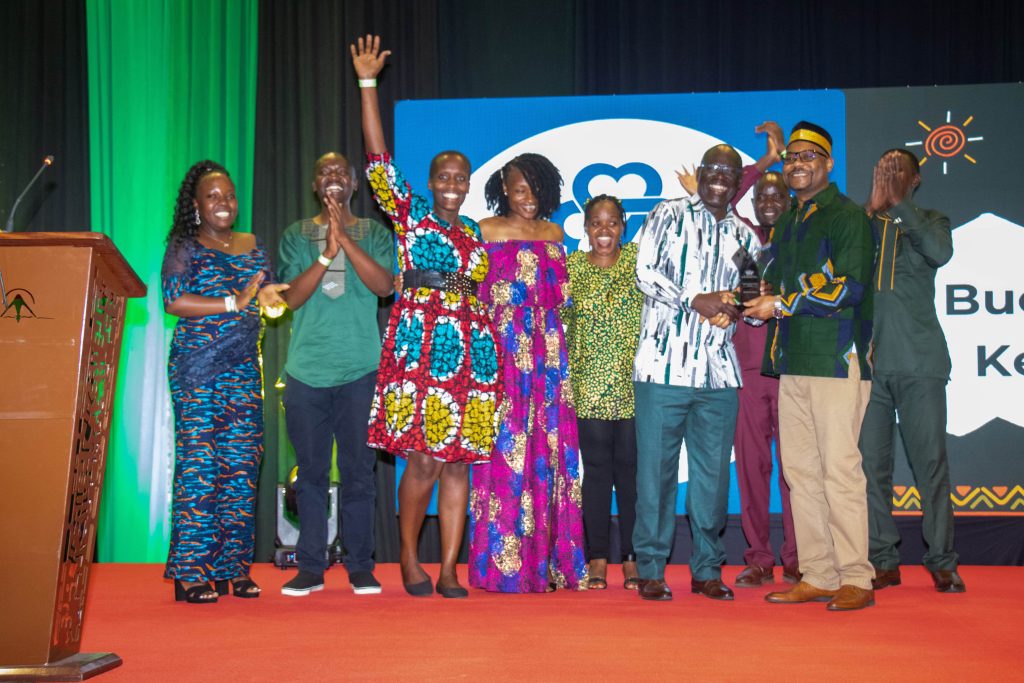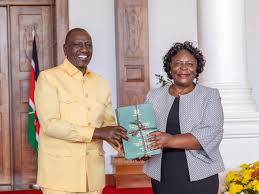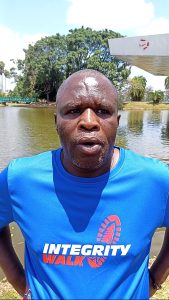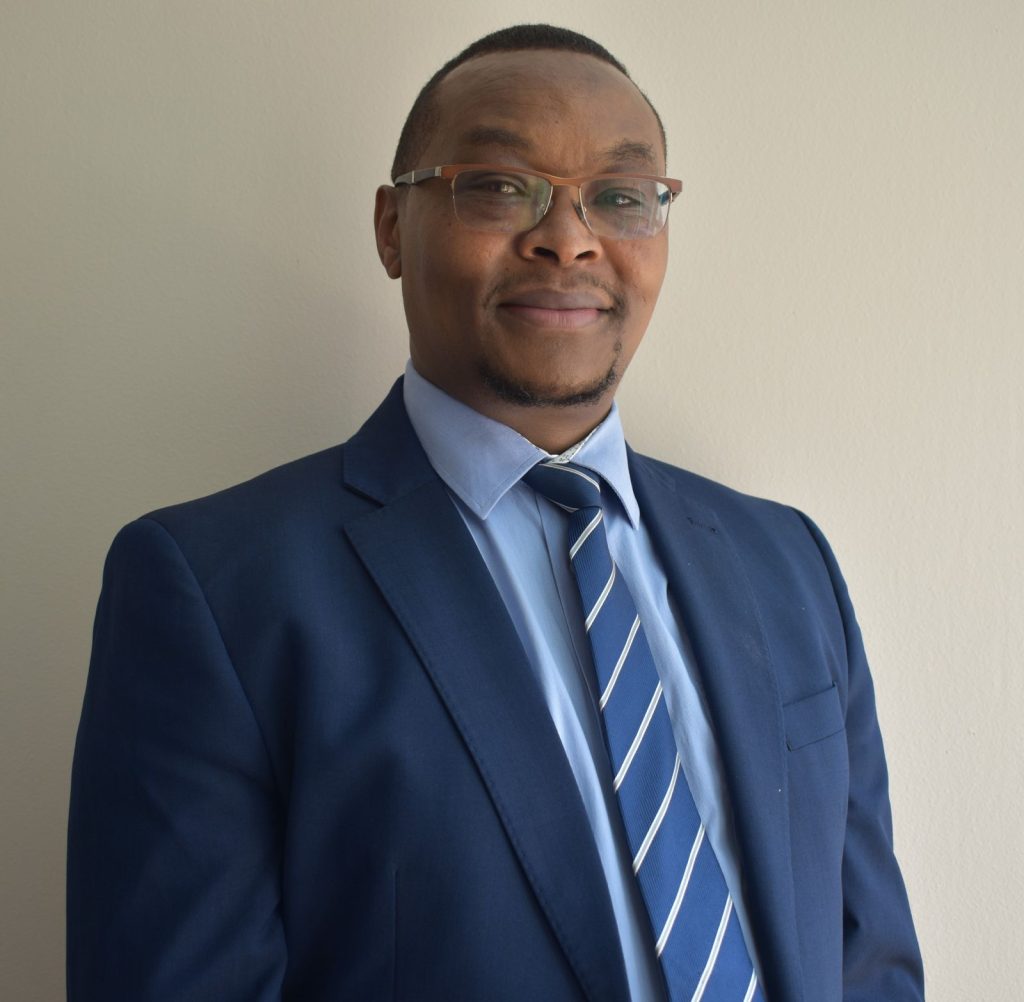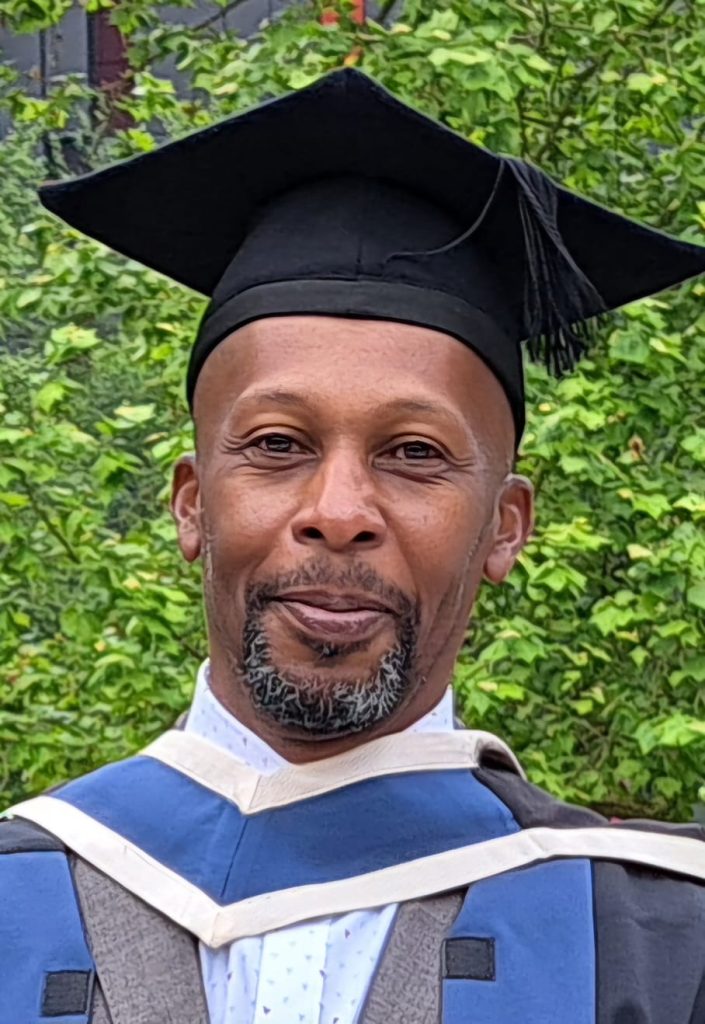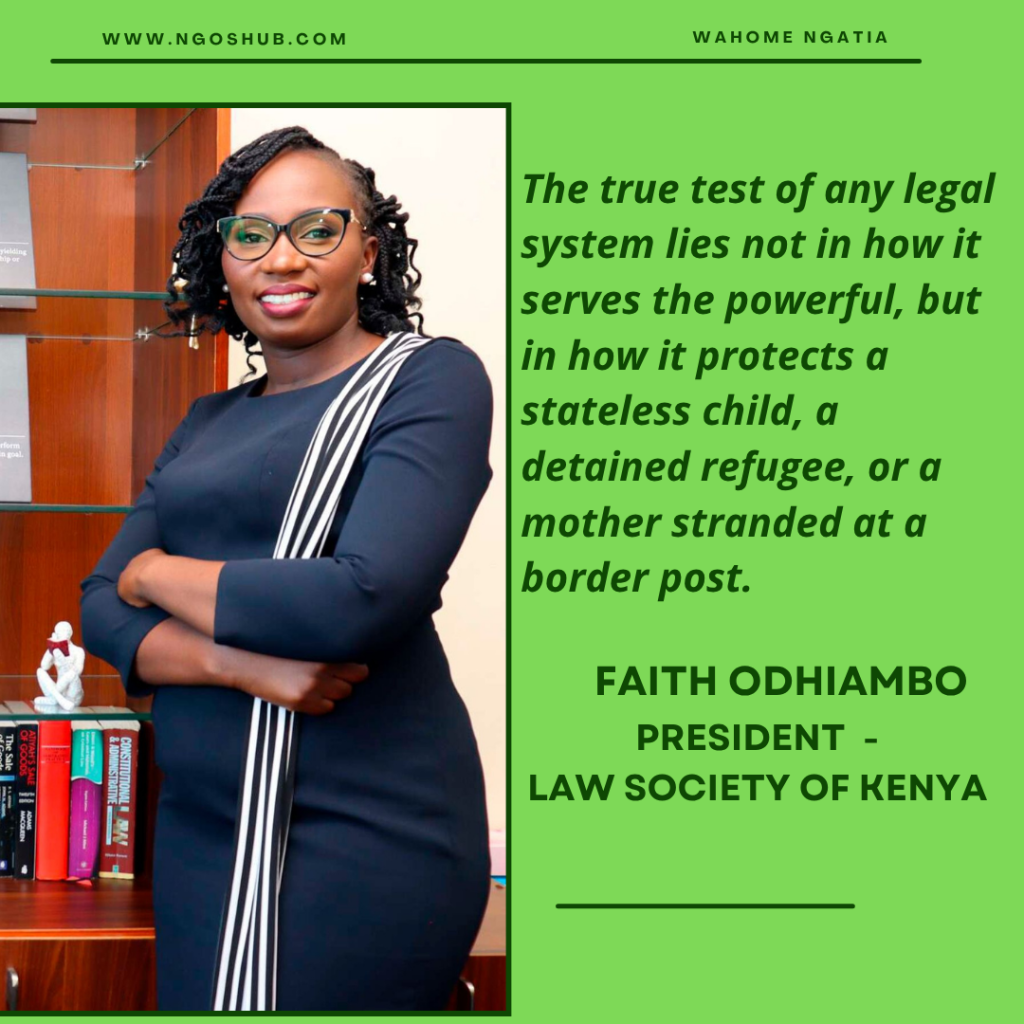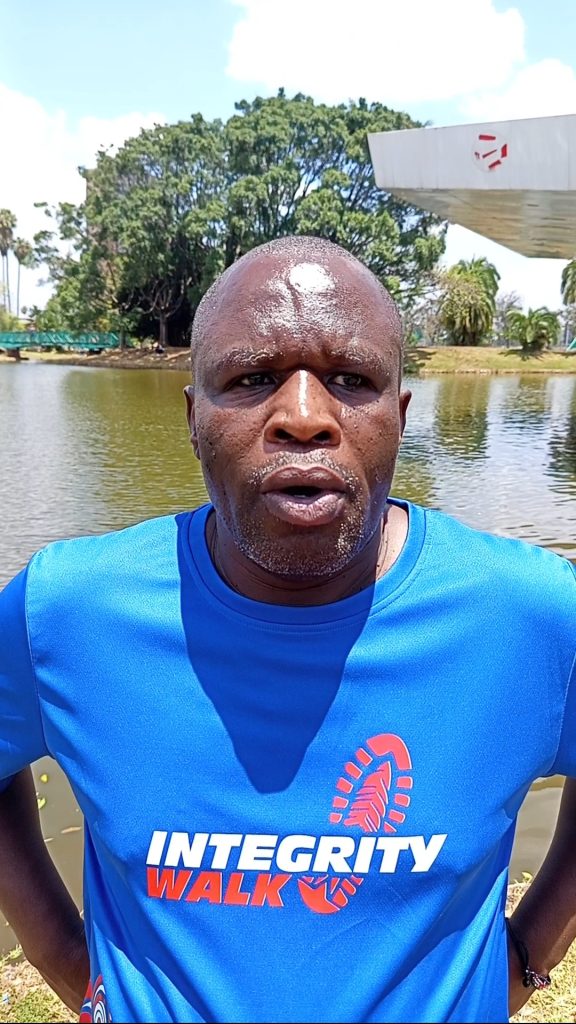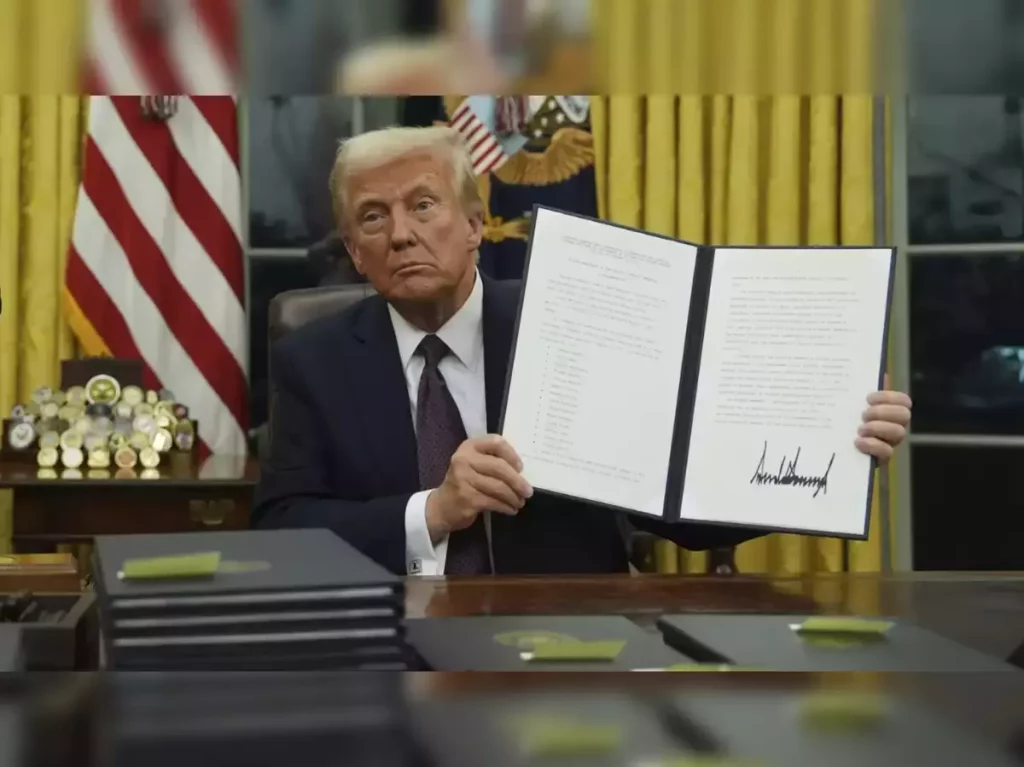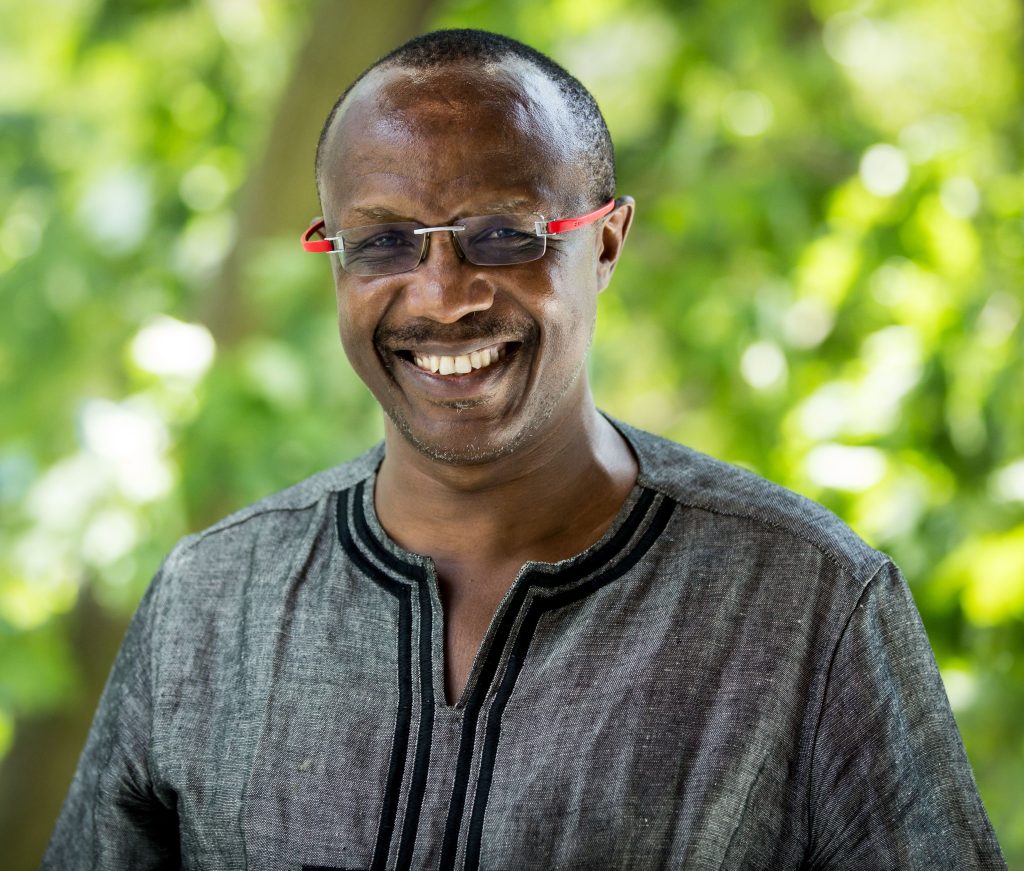When Dickson Natembeya Masindano returned to Kenya in 2001 after studying and working in the United States, he brought back more than experience—he carried a vision. Having been hired as an employee at Buckner International in Dallas, Texas, he seized the opportunity to establish Buckner Kenya, laying its foundation from scratch. With the Baptist Church on Jogoo Road providing office space, he started alone, later hiring an assistant. Today, 24 years later, Buckner Kenya boasts over 190 staff members across multiple counties, dedicated to transforming lives through education and community development.
The Baptist Church also generously donated 13 acres of land, where Buckner built its first school, Buckner Preparatory School. This became a model for five additional schools in remote areas across Kenya, ensuring that vulnerable children have access to quality education at negligible costs.
Following Buckner Kenya’s recent win of the Best NGO in Education Award, we sat down with its passionate CEO to discuss the organization’s journey, impact, and future.
Q: Congratulations on winning the Best NGO in Education Award! What does this recognition mean to Buckner?
This award is a validation of our 24-year commitment to providing quality education to vulnerable children. It is a proud moment for us, showing that our investment in our beneficiaries is yielding remarkable results. While we’ve often kept a low profile, this recognition has placed Buckner Kenya in the national spotlight. It has also strengthened our credibility among international donors, who have expressed confidence in our mission and work.
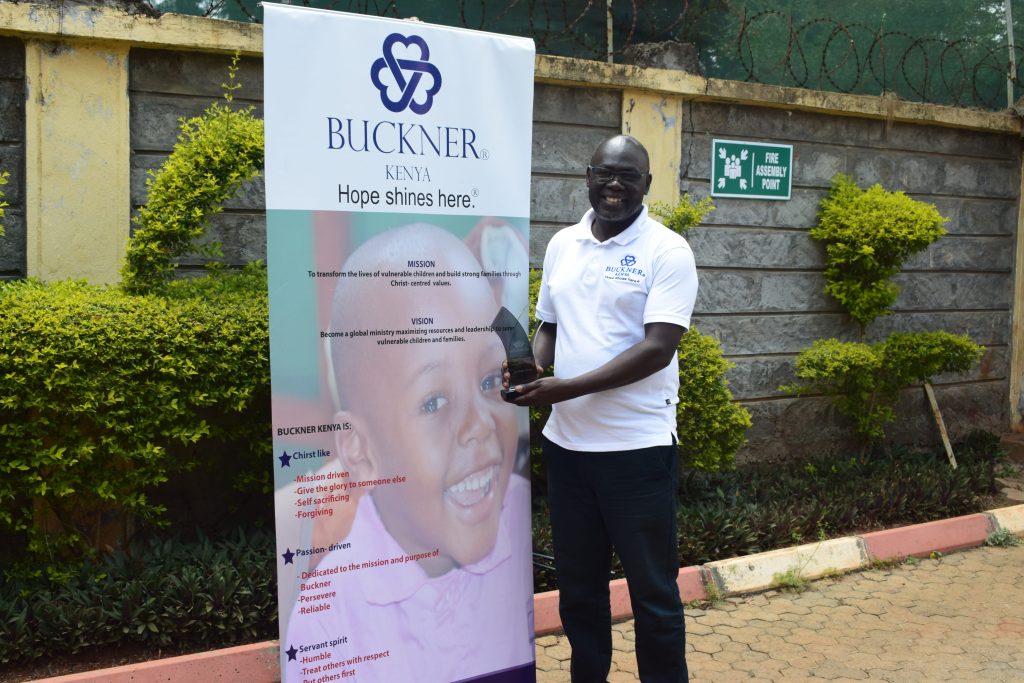
Q: What do you think led to this victory?
Our beneficiaries played a huge role. Today, we have over 4,000 alumni who have successfully gone through our program. They understand the impact Buckner has had on their lives and took the initiative to rally their networks to vote for us. This award belongs to our vibrant and united Buckner community.
Q: What sets Buckner apart from other educational organizations?
Our commitment to holistic, long-term educational support is what makes us unique. Many organizations sponsor students for only a specific phase of education. At Buckner, we ensure that the most vulnerable children receive full scholarships from kindergarten to university. We have partnerships with learning institutions that provide full scholarships, and currently, nine of our students are on full scholarships in U.S. universities, receiving stipends as well.
Additionally, we offer staff development grants, providing Ksh 200,000 for employees and beneficiaries pursuing Master’s degrees through the Weekly Foundation.
Q: Can you highlight some of Buckner’s most impactful initiatives?
We have built schools in remote areas such as Busia, Bungoma, Busia, Kitale, and Nairobi’s Dandora to provide quality education at an affordable cost. In other areas such as West Pokot, Kilifi, Murang’a and others we run a high school scholarship program. Our model ensures that children from low-income families pay only Ksh 4,000 per term, while non-vulnerable families who qualify pay Ksh 8,000 per term.
We also run community health clinics within our schools, staffed with clinicians, nurses, and lab technologists, ensuring that students and the community have access to quality healthcare. Beyond education, we support parents of our students with small business grants to enhance household income and stability.
Q: What is your vision for Buckner’s future?
Our focus is on sustainability. While we receive funding from major donors such as Buckner International. We receive funding and donations in kind from our partners like USAID, Equity Bank, Bank of Africa, and Manu Chandaria, we recognize the need to generate our own income. Currently, 35% of our budget is funded through internal revenue-generating projects, and our goal is to increase this to 50%.
We are also preparing for leadership continuity. After 24 years at the helm, I am planning for a smooth transition to ensure Buckner Kenya continues to thrive beyond my tenure.
Another key focus is impact investment—partnering with private investors in profit-making ventures, where returns are channeled back into Buckner’s programs while investors recover their seed capital.
Q: What challenges have you encountered in running Buckner, and how have you overcome them?
One major challenge is securing local partnerships—we still rely heavily on foreign donors. Additionally, community buy-in can take time due to skepticism based on past experiences with NGOs.
Another challenge involves donor prerequisites. As a Christian organization, we uphold certain values, but some donors have conditions that conflict with our beliefs. Fortunately, our strong reputation and goodwill with international governments have helped us navigate these hurdles.
Q: What key lessons have you learned?
I have learned that true success is measured by impact, not wealth. I recall an experience at a beach hotel in Mombasa, where a former Buckner beneficiary, now a hotel manager, covered my bill as a token of gratitude. Moments like these remind me that our work has lasting significance beyond monetary rewards.
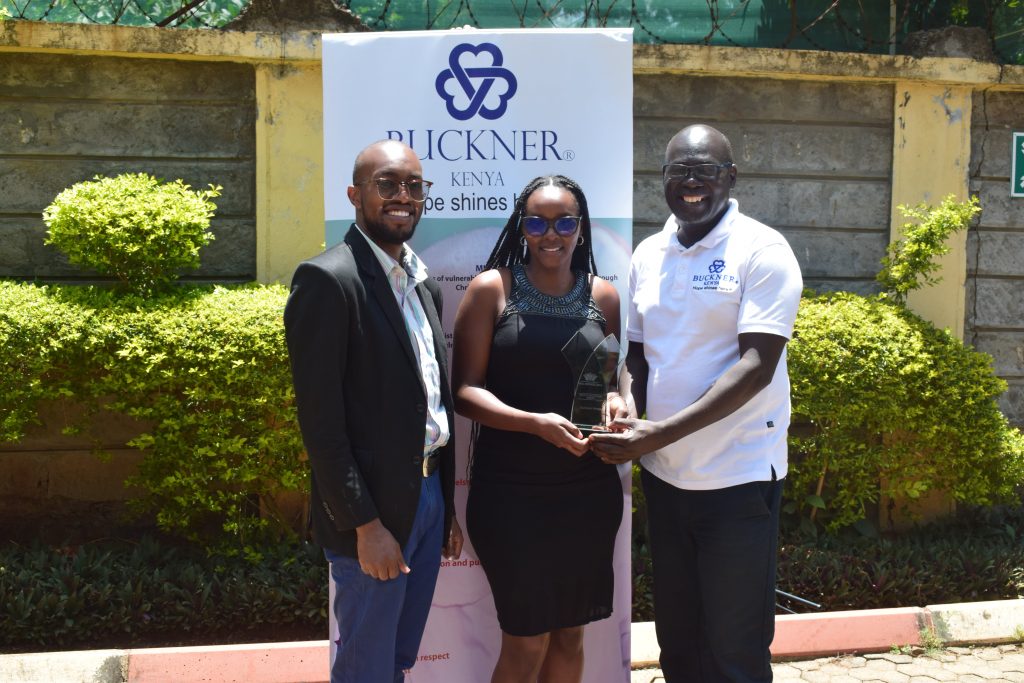
Q: How important is collaboration in achieving Buckner’s goals?
Collaboration with stakeholders—including the government, private sector, and other NGOs—is crucial. The government could significantly impact grassroots communities by funding well-established NGOs like Buckner, which have a deep understanding of local challenges.
Q: What advice would you give to other NGOs striving for success?
Diversify your funding sources. Overreliance on one donor is risky. We have successfully invested in financial instruments such as running businesses, which generate returns that supplement our income.
Stay true to your values. Integrity builds credibility, which opens doors. Because of our reputation, I rarely face rejection when applying for grants.
Q: What inspires you to lead Buckner, and how do you stay motivated?
Seeing a child grow into a responsible adult is incredibly fulfilling. Some of our alumni, especially orphans, call me ‘Dad,’ and I have even had the honor of giving some of them away in marriage. These lifelong bonds make my work worthwhile.
Q: What advice would you give to young professionals aspiring to lead impactful organizations?
Serve with patience and integrity. Trust is invaluable, and when you are known for delivering results ethically, opportunities will always come your way.
Leveraging Recognition for Greater Impact
Q: How will Buckner use this award to enhance its mission?
This award boosts our credibility and visibility. We are actively integrating it into our branding and marketing materials to attract like-minded partners and expand our reach.
Q: What message would you like to share with the Buckner team and the communities you serve?
To my team: Keep serving with integrity. The impact of your work is immeasurable, and our mission is greater than any individual.
To our stakeholders: Thank you for believing in Buckner. Together, we are changing lives, and the best is yet to come.

